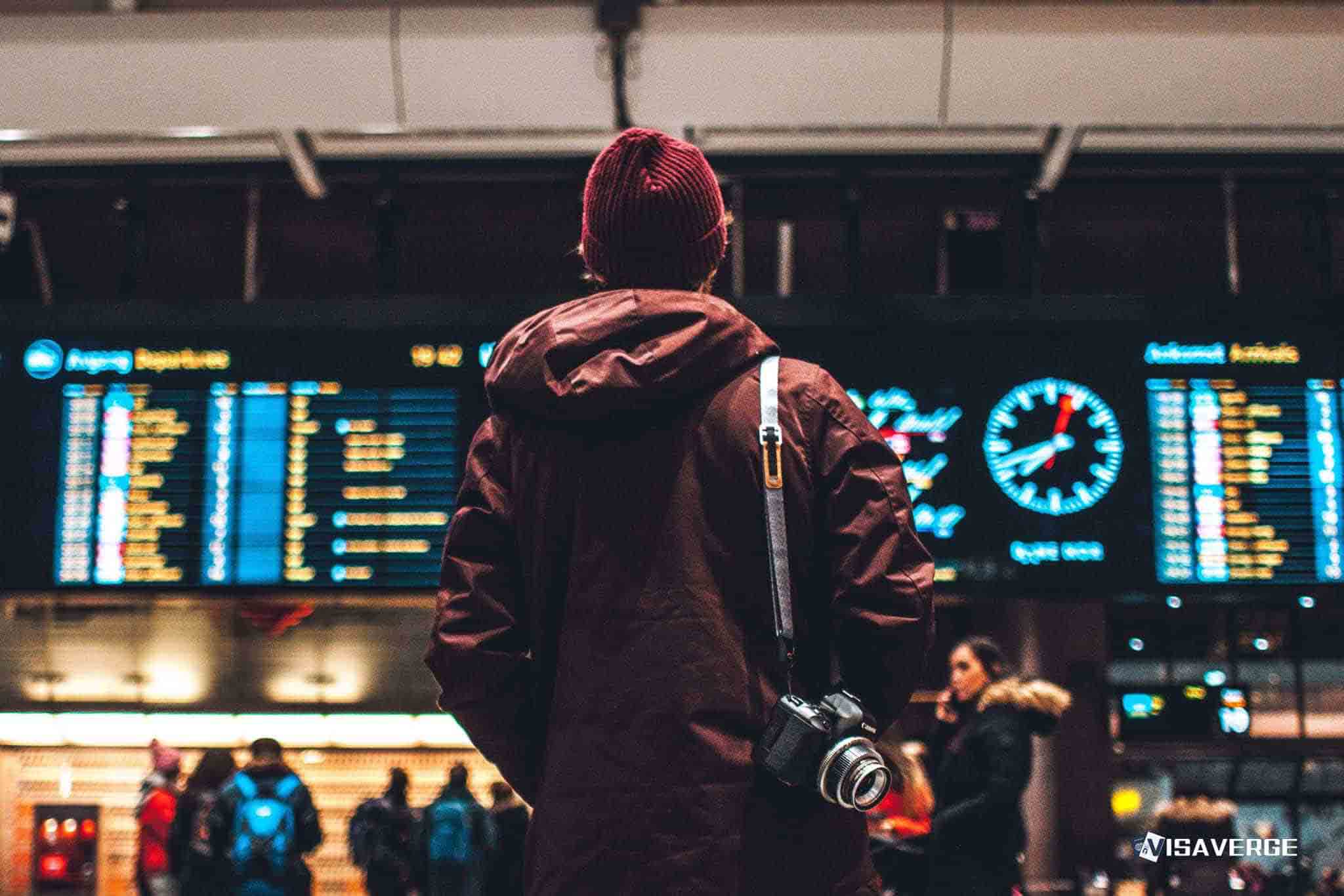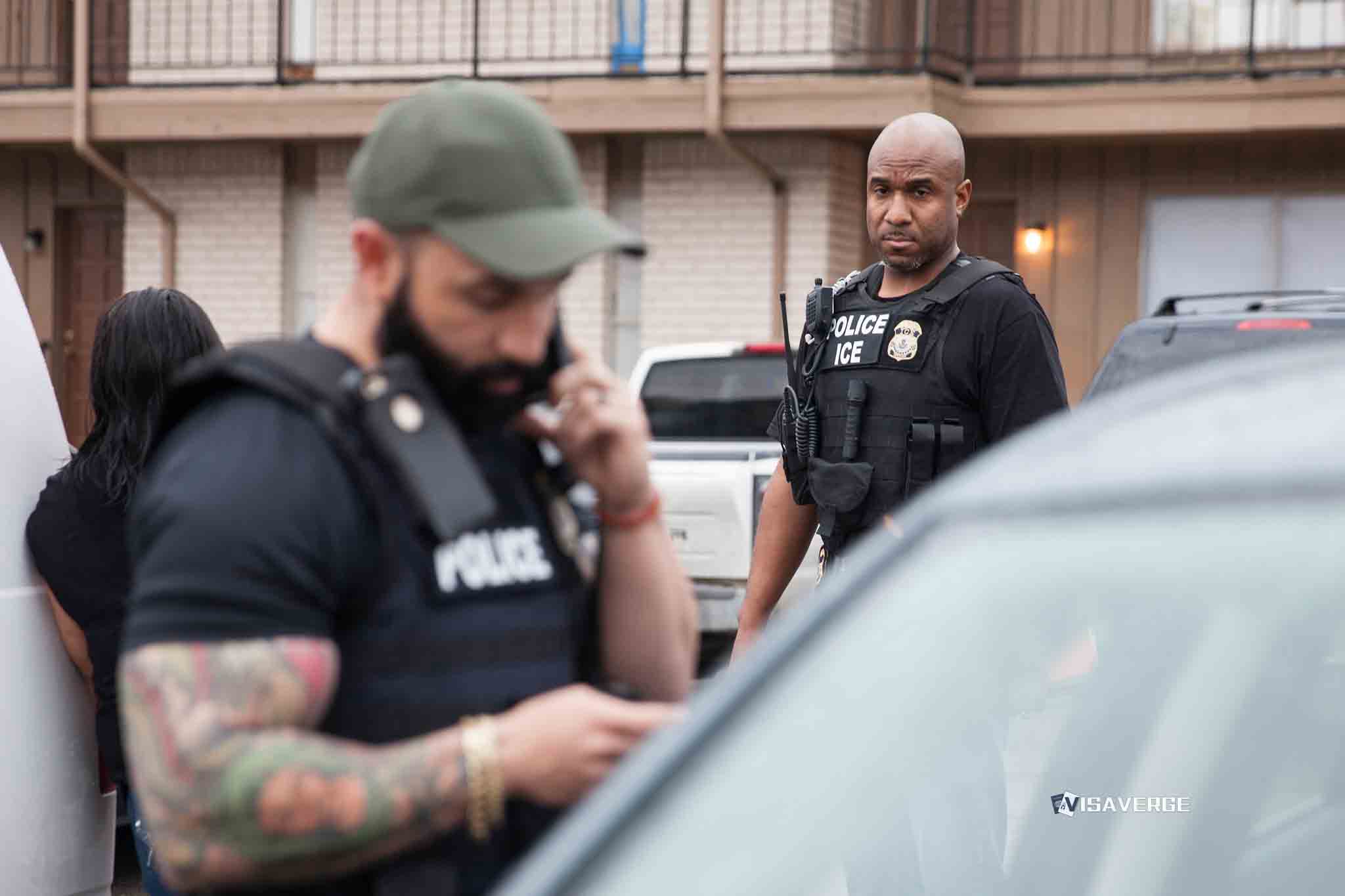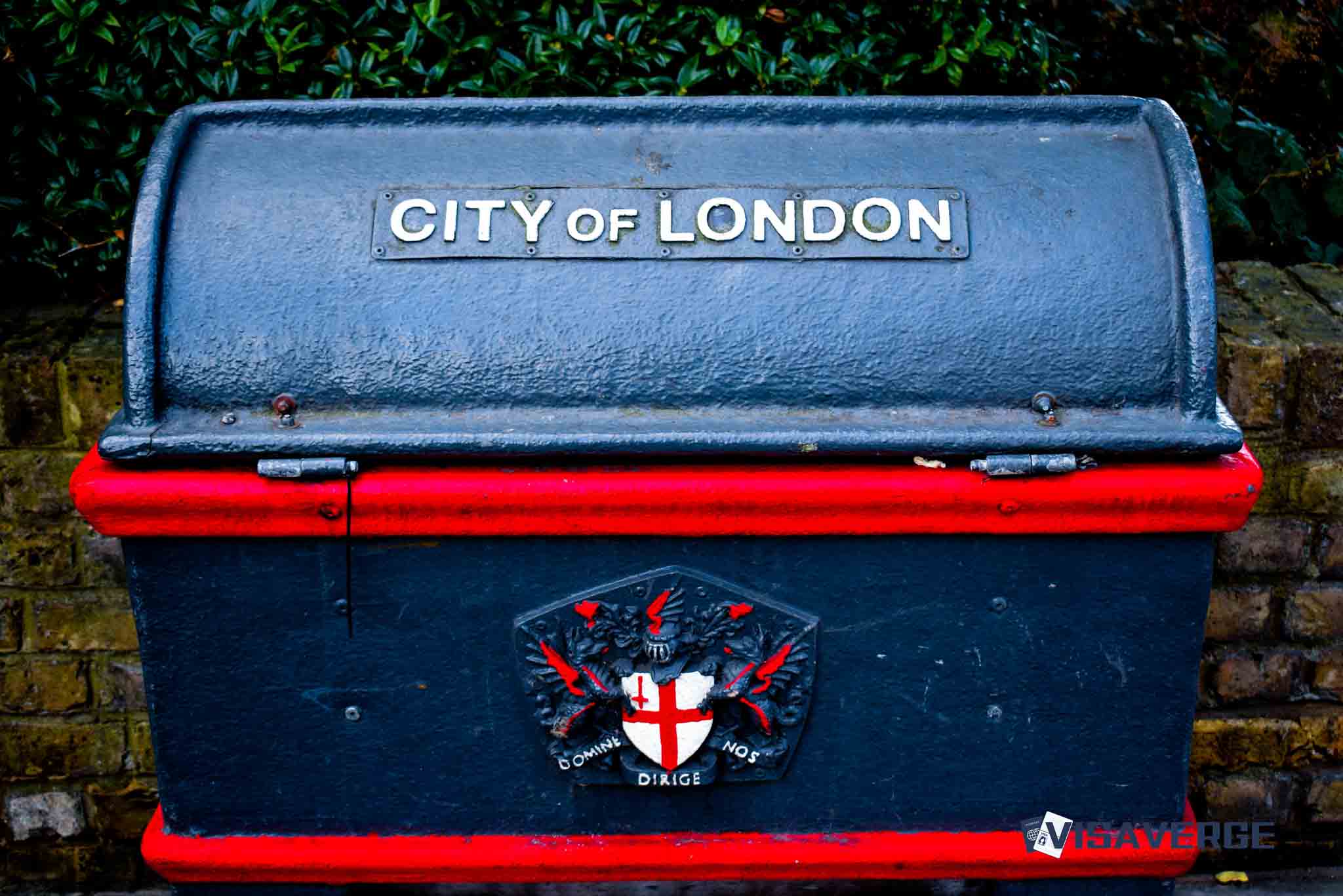Key Takeaways
• In 2025, US DOT requires airlines to pay $200+ for delays over three hours and provide meals and lodging.
• Five major US airlines guarantee free family seating together for children 13 and younger starting February 2025.
• Airlines must improve disability assistance, including loaner wheelchairs and staff training by June 2026.
Air travel in 2025 brings new rules, stronger passenger rights, and a growing focus on safety and the environment. Whether you’re flying for the first time or you’re a frequent traveler, knowing the basics of Airplane Civic Sense is more important than ever. This guide will walk you through the six essential steps every traveler should follow, helping you understand your rights, avoid common problems, and make your journey smoother for yourself and others.

Introduction: Why Airplane Civic Sense Matters
Airplane Civic Sense means showing respect for fellow passengers, following airline rules, and knowing your rights and responsibilities. With new regulations from the Department of Transportation (DOT) and other authorities, travelers in the United States 🇺🇸 and worldwide must stay informed. Practicing good airplane manners and understanding your passenger rights can help you avoid delays, reduce stress, and even get compensation when things go wrong.
This step-by-step guide covers:
- Passenger Rights During Delays and Cancellations
- Family Seating Policies
- Rights for Passengers with Disabilities
- Security Protocols and Requirements
- Health and Safety Considerations
- Environmental Awareness and Sustainability
Each section includes clear instructions, estimated time for each step, common mistakes to avoid, troubleshooting tips, and a checklist at the end for quick reference.
Step 1: Know Your Passenger Rights During Delays and Cancellations
Estimated Time: 10 minutes to review before your trip
What You Need to Know
Starting in 2025, the Department of Transportation has introduced new rules that require airlines to compensate passengers for long delays and cancellations. This is a big change from past years, when airlines in the United States 🇺🇸 were not always required to pay passengers for delays.
Key Rights:
– Cash payments start at $200 for delays over three hours.
– Airlines must provide meals and accommodations for long delays.
– For international flights (like those to or from Vietnam 🇻🇳), airlines must:
– Inform you about flight status and reasons for delays.
– Provide drinking water for delays of 2+ hours.
– Offer meals for delays of 3+ hours.
– Give you a resting place for delays of 6+ hours during business hours.
– Arrange sleeping accommodations for delays of 6+ hours outside business hours.
What to Do:
1. Ask for written information about your rights at the airport or check the airline’s website.
2. Keep all receipts for meals, hotels, or other expenses during a delay.
3. Request compensation directly from the airline if your delay meets the requirements.
Common Pitfalls:
– Not knowing the difference between domestic and international rules.
– Forgetting to ask for compensation or support when eligible.
– Not keeping receipts for expenses.
Troubleshooting:
– If the airline refuses compensation, contact the Department of Transportation using their official complaint form.
Step 2: Understand Family Seating Policies
Estimated Time: 5 minutes to check before booking
What You Need to Know
Traveling with children can be stressful, especially if you’re not seated together. As of February 2025, five major U.S. airlines—Alaska, American, Frontier, Hawaiian, and JetBlue—guarantee that families can sit together for free. Other airlines may not offer this guarantee.
Key Rights:
– Children 13 years old or younger should be seated next to an adult in their group without extra charges.
– The Office of Aviation Consumer Protection (OACP) is watching airlines to make sure they follow these rules.
What to Do:
1. Book early and select seats together when possible.
2. Contact the airline if you can’t find seats together online.
3. Ask at the check-in counter or gate if your family is separated.
Common Pitfalls:
– Assuming all airlines guarantee family seating.
– Waiting until the last minute to book or request seats together.
– Not speaking up if your child is seated apart from you.
Troubleshooting:
– If you’re separated from your child, ask the gate agent for help.
– If the airline charges you extra or refuses to seat your family together, file a complaint with the Department of Transportation.
Step 3: Know Your Rights as a Passenger with Disabilities
Estimated Time: 15 minutes to review and prepare before your trip
What You Need to Know
2025 brings the biggest expansion of rights for airline passengers with disabilities in a generation. Airlines must now provide better support and treat passengers with dignity.
Key Rights:
– Safe and dignified assistance for boarding, deplaning, and making connections.
– Airline staff must have annual training on helping passengers with disabilities (by June 17, 2026).
– If your wheelchair or mobility device is delayed or damaged, it’s an automatic violation of the Air Carrier Access Act.
– Airlines must provide a loaner wheelchair if yours is mishandled.
– Delayed wheelchairs must be returned within 24 hours for domestic flights.
– New standards for on-board wheelchairs start in October 2026.
What to Do:
1. Inform the airline about your needs when booking your ticket.
2. Arrive early at the airport and remind staff about your assistance needs.
3. Check the airline’s policy on mobility devices and assistance.
4. Report any problems immediately to airline staff and keep records.
Common Pitfalls:
– Not telling the airline about your needs in advance.
– Not keeping documentation if your wheelchair is delayed or damaged.
– Not knowing your right to a loaner wheelchair.
Troubleshooting:
– If you don’t get proper help, ask to speak to the airline’s Complaint Resolution Official (CRO).
– If the issue isn’t fixed, file a complaint with the Department of Transportation.
Step 4: Follow Security Protocols and Requirements
Estimated Time: 20 minutes at the airport (may vary)
What You Need to Know
Security rules are always changing. In 2025, the Transportation Security Administration (TSA) has made new rules for both commercial and private flights.
Key Rules:
– Public charter operators at private airports must now follow security screening similar to commercial airports.
– For international flights to India 🇮🇳, all foreign airlines must:
– Send passenger data to Indian Customs 24 hours before departure (starting April 1, 2025).
– Register with the National Customs Targeting Centre-Passenger by January 10, 2025.
– Penalties for not following these rules range from ₹25,000 to ₹50,000 per violation.
What to Do:
1. Arrive early to allow extra time for security screening.
2. Have your documents ready (passport, boarding pass, visas).
3. Follow all instructions from security staff.
4. Check the rules for your destination country before you fly.
Common Pitfalls:
– Arriving late and missing your flight due to long security lines.
– Not having the right documents or information for international travel.
– Ignoring new data requirements for certain countries.
Troubleshooting:
– If you’re unsure about security rules, ask airline or airport staff for help.
– For more information on U.S. airport security, visit the TSA’s official website.
Step 5: Practice Health and Safety Considerations
Estimated Time: 10 minutes to prepare before your trip
What You Need to Know
Health risks are higher in 2025 due to a “quad-demic” of COVID-19, flu, RSV, and norovirus. The Federal Aviation Administration (FAA) also stresses airport safety for everyone.
Key Tips:
– Wear a mask if you’re sick or at higher risk.
– Wash your hands often and use hand sanitizer.
– Avoid touching your face and surfaces as much as possible.
– Check for travel health advisories before your trip.
For Pilots and Airport Visitors:
– Learn about airport layouts, taxiways, and any construction.
– Watch the FAA’s “From the Flight Deck” video series for airport information (faa.gov/flight_deck).
What to Do:
1. Pack masks and sanitizer in your carry-on.
2. Check your airline’s health policies before you fly.
3. Stay home if you feel sick or have symptoms.
Common Pitfalls:
– Not following health guidelines, which can lead to denied boarding.
– Ignoring airport safety instructions.
Troubleshooting:
– If you feel unwell during your trip, tell a flight attendant or airport staff right away.
Step 6: Be Environmentally Aware and Support Sustainability
Estimated Time: 5 minutes to review before your trip
What You Need to Know
Airlines are now required to follow new environmental rules in 2025. These changes aim to reduce pollution and make air travel more sustainable.
Key Points:
– Airlines must follow new environmental policies, though details may vary.
– The Trump administration’s budget cuts and tariffs may affect international travel and airline operations.
– Travelers should do their part by reducing waste and supporting eco-friendly practices.
What to Do:
1. Bring a reusable water bottle (empty through security, fill up after).
2. Recycle when possible at the airport and on the plane.
3. Limit single-use plastics and pack light to reduce fuel use.
Common Pitfalls:
– Throwing away recyclables or using lots of single-use items.
– Ignoring airline or airport recycling programs.
Troubleshooting:
– If you’re unsure about recycling or environmental programs, ask airport staff.
Common Pitfalls to Avoid
- Ignoring your rights: Many travelers don’t know they can get compensation or help during delays.
- Not preparing for family seating: Waiting until the last minute can separate families.
- Forgetting to inform airlines about disabilities: This can lead to poor service or delays.
- Arriving late for security: New rules can mean longer lines.
- Skipping health precautions: This puts you and others at risk.
- Not caring about the environment: Small actions add up to big changes.
Troubleshooting Tips
- Denied compensation? File a complaint with the Department of Transportation.
- Family not seated together? Speak to the gate agent or file a complaint.
- Problems with disability assistance? Ask for the airline’s Complaint Resolution Official.
- Security or document issues? Ask airport staff for help or check official websites.
- Health concerns? Notify crew or airport staff immediately.
- Environmental questions? Look for recycling bins or ask staff.
Checklist Summary: Airplane Civic Sense for 2025
Before You Fly:
– [ ] Review your passenger rights for delays and cancellations.
– [ ] Check your airline’s family seating policy.
– [ ] Inform the airline about any disability assistance you need.
– [ ] Prepare all travel documents and check security rules.
– [ ] Pack health supplies (mask, sanitizer) and check health advisories.
– [ ] Plan to reduce waste and support environmental efforts.
At the Airport:
– [ ] Arrive early for security and check-in.
– [ ] Keep all receipts for possible compensation.
– [ ] Ask for help if you’re separated from your family or need assistance.
– [ ] Follow all health and safety instructions.
On the Plane:
– [ ] Be polite and respectful to crew and other passengers.
– [ ] Use headphones for electronic devices.
– [ ] Store your bags properly and keep aisles clear.
– [ ] Follow recycling and waste guidelines.
Final Thoughts and Practical Guidance
Practicing good Airplane Civic Sense is about more than just following rules—it’s about making air travel better for everyone. By knowing your passenger rights, preparing for your trip, and respecting others, you can avoid common problems and even help shape better travel policies for the future.
As reported by VisaVerge.com, staying updated on new regulations and airline policies is the best way to protect yourself and your loved ones when flying. For more details on your rights and the latest travel rules, visit the U.S. Department of Transportation’s Air Consumer Protection page.
Remember, every traveler has a role in making air travel safer, fairer, and more enjoyable. Use this guide as your go-to checklist, and share it with friends and family before your next trip. Safe travels!
Learn Today
Department of Transportation (DOT) → US government agency regulating transportation safety, rights, and policies including airline passenger protections.
Passenger Rights → Legal entitlements of travelers including compensation and accommodations during flight delays or cancellations.
Air Carrier Access Act → US law ensuring nondiscriminatory treatment and assistance for passengers with disabilities on airlines.
Transportation Security Administration (TSA) → Federal agency responsible for airport security screening and regulations in the United States.
Complaint Resolution Official (CRO) → Airline staff member designated to handle passenger complaints, especially related to disability assistance.
This Article in a Nutshell
Airplane Civic Sense guides travelers on new 2025 rules ensuring rights during delays, family seating guarantees, disability support, security protocols, health tips, and environmental awareness for safer, fairer flights worldwide.
— By VisaVerge.com













